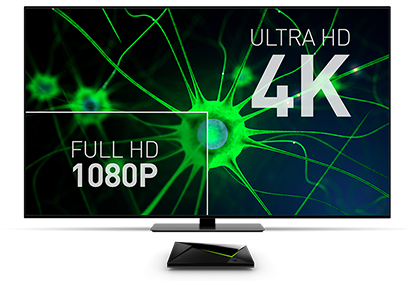Live from the Computex 2017 convention floor, NVIDIA introduced the Max-Q, their newest design approach. This method aims to make gaming laptops thinner, quieter, and faster overall.

From a fiscal and business standpoint, NVIDIA aims to make the Max-Q available from all major OEMs worldwide starting June 27. Max-Q actually permeates more than just the tech industry however, as the name itself stems from a scientific term that figuratively fuels NASA space missions. In fact, rocket flight is the metaphor that molds the NVIDIA philosophy for laptop design. On the other hand, this same laptop philosophy will allow OEMs to build thin, powerful laptops in the future.
Overall, NVIDIA really just wants to build a high-performance gaming platform, with a thinness rivaling that of a MacBook Air. If you can’t visualize it, imagine a powerful gaming laptop that’s only 18mm thick, and weighs under 4 pounds! To achieve this, NVIDIA builds around NVIDIA Pascal, the world’s most efficient gaming GPU architecture. By optimizing and configuring Pascal for extreme efficiency, the Max-Q also enters peak efficiency. Max-Q laptops, for example, have up to 70% more gaming performance, and that includes gaming on 4k resolution.
www.youtube.com/watch?v=Uzwy45QZ9Dw
Besides powerful GPUs, however, NVIDIA also aims to deliver optimal playable settings, and advanced thermal solutions. After all, having a powerful computer means nothing if you can’t even play games on it, or if it overheats way too fast. With the Max-Q design, laptops will soon support the entire GeForce gaming platform. This platform includes the NVIDIA G-SYNC display tech, VR, 4k and NVIDIA WhisperMode tech. WhisperMode, to be specific, applies power-efficient graphics settings and well-paced frame rates to achieve balance between acoustics, graphical detail, and performance. In practical terms, one can notice this thorugh a 50-percent reduction in sound pressure levels for both user and anyone in earshot.
Max-Q gaming laptops will release on June 27, from OEMs like Acer, Alienware, ASUS, HP, Lenovo, and MSI. Pricing and availability will vary, so be sure to check out your favorite laptop-maker’s website for specific info.
www.youtube.com/watch?v=4nZ5LQUITr8
